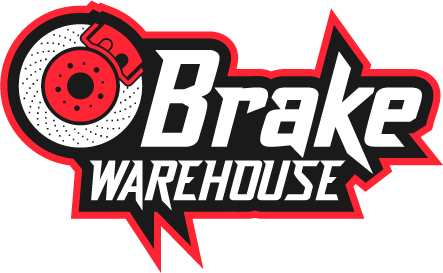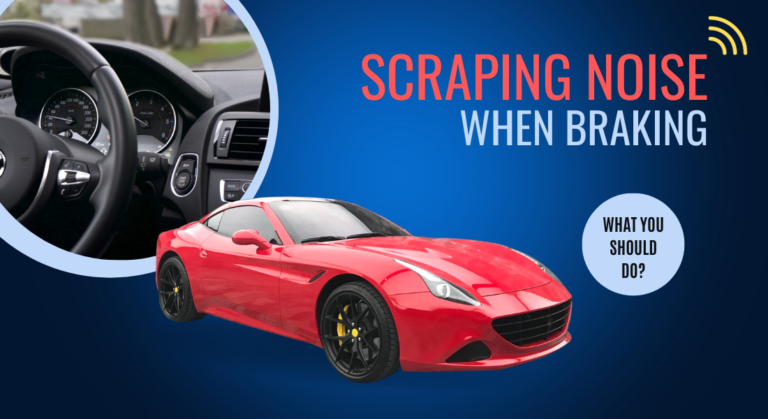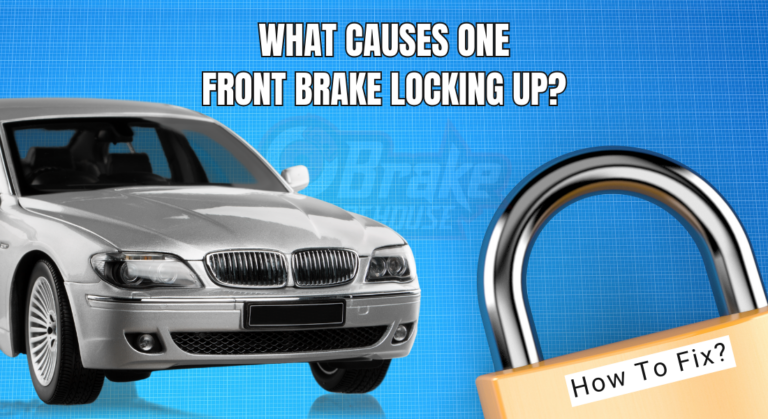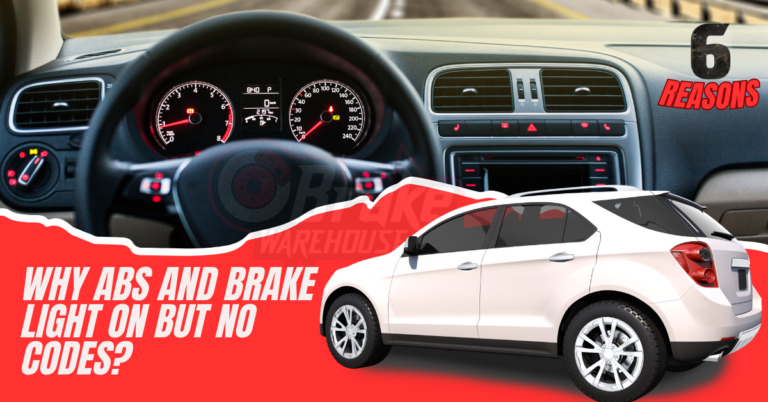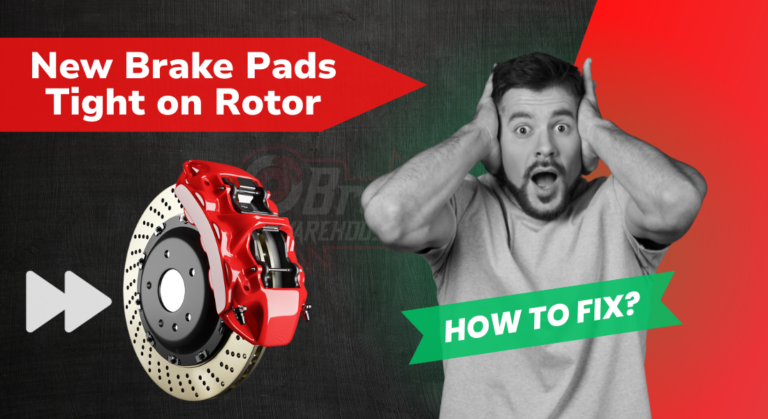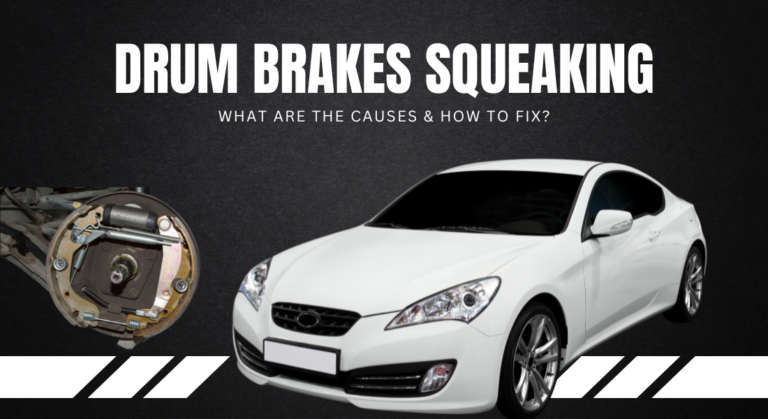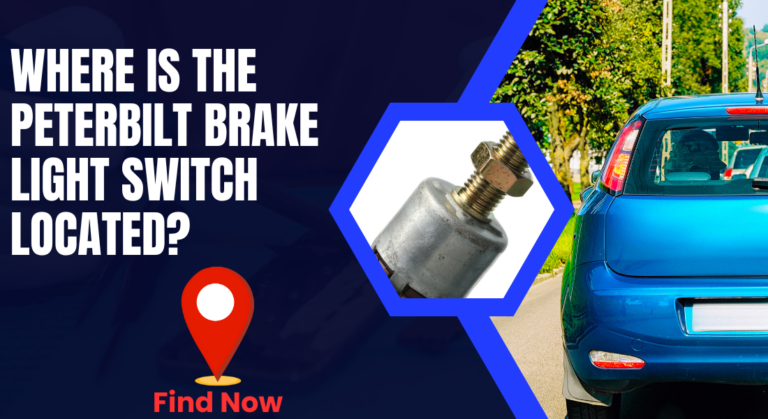Wagner Vs Bosch Brakes: A Detailed Comparison
Brakes always need special attention to ensure the safety of your vehicle. That is why making the right decision while choosing the brakes is crucial. You can rely on brands like Wagner and Bosch.
Both of these brake brands have offerings that suit different types of needs. The core differences among the brake models lie in compatibility, positioning, output, and sound level
There’s more to the comparison, which we will discuss in detail. Let us dive right in!
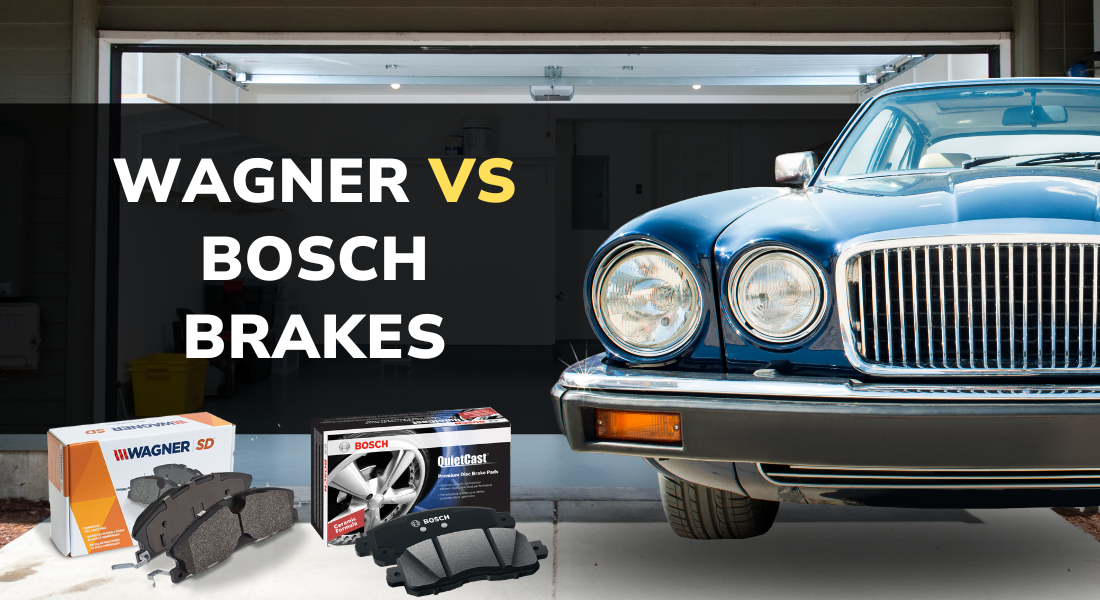
Wagner vs. Bosch Brakes: Comparison Table
Both Wagner and Bosch brakes have their fair share of similarities and dissimilarities. Let us have a look at the table below for a thorough idea:
| Factors | Wagner | Bosch |
| Positioning | Front | Rear |
| Vibration Level | Low | Low |
| Build Material | Steel | Steel |
| Compatibility | Universal | Model Specific |
| Lifespan | 30000-40000 miles | 30000-40000 miles |
| Friction Material | Ceramic | Ceramic |
| Warranty | 1 year | 1 or 2 years |
| Sound Level | Low | High |
| Pricing | Affordable | High |
Difference Between Wagner And Bosch Brakes
The differences between Bosch and Wagner brakes will shape up your purchasing decision and help you figure out your needs. Let us look at some of the prominent factors that set both of these brake brands apart:
Positioning
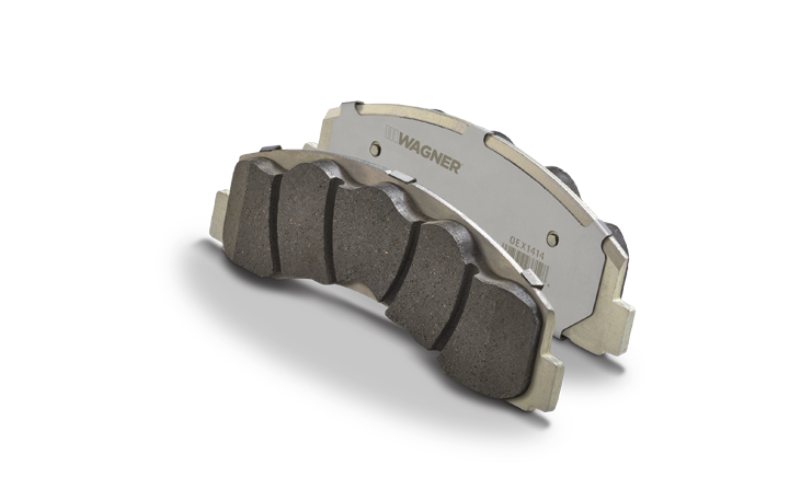
The brake pad positioning of Wagner and Bosch brakes is different. You will find the Wagner brakes having a pad in the front position and the Bosch brakes having one in the rear.
But a few exceptions can be found, as both of these brands have models with alternate positions. With the front brake pad positioning, there is increased stopping power for the car, and it ensures even distribution of the weight on the front wheels.
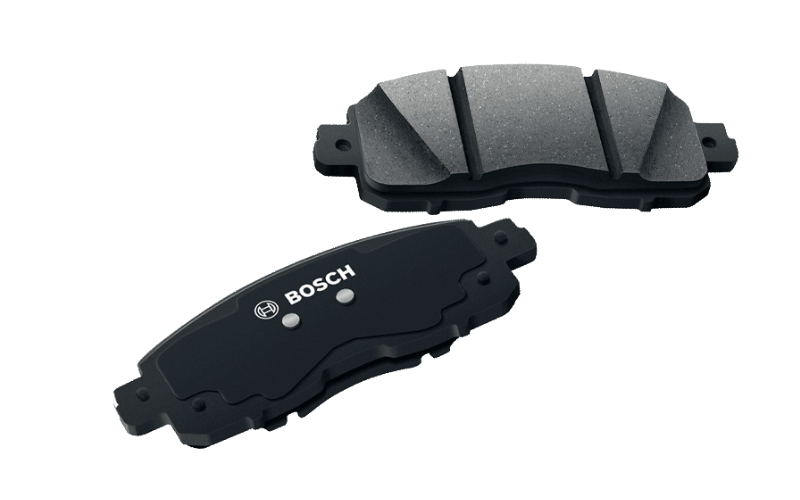
That said, Wagner brakes have the trait of distributing the weight on the front wheels However, for most Bosch brakes, the positioning is on the rear side, and these brakes push against the rotor to stop the vehicle. Mainly, the friction created through this mechanism helps in stopping.
Compatibility
The compatibility of the brake with the vehicle is a primary focus. If we take Wagner brakes into account, we can identify that most brakes are universal. It means compatibility isn’t an issue with most vehicles.
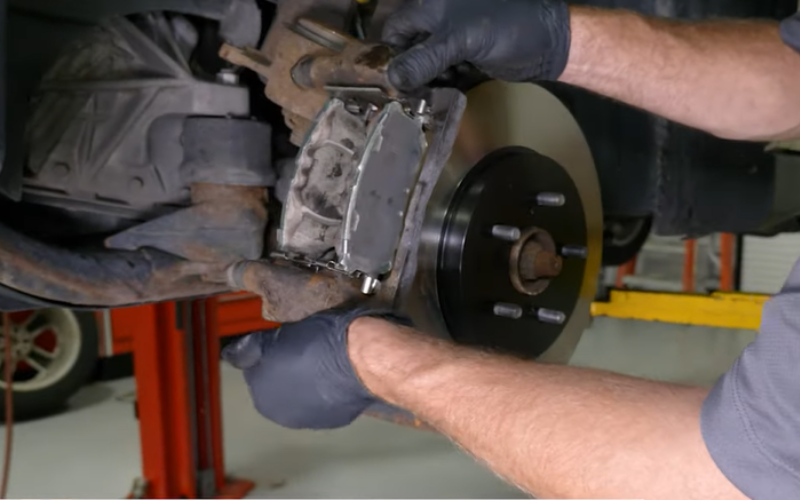
However, the Bosch brakes are mostly vehicle specific. Among the prominent vehicles, the Ford Ranger and Mazda variants are highly compatible with this brake type.
Noise Level
The level of noise produced by both of these brakes varies, with the Bosch brakes being noisier. It may not irritate you, but you’ll surely hear it. The main reason behind this noise is some design flaws and the material used.
This noise will mostly be a metallic clunking sound, which you will hear while driving and applying brakes. It isn’t something that occurs due to faulty installation, so don’t ponder about that.
In the Bosch brakes, a small metal part exists that touches the rotor all the time and produces sound. whereas there is nothing like that in the case of Wagner brakes. There is no metal tongue there, which can push against the rotor and produce sound.
The better solution would be to consult a professional to address this issue rather than troubleshoot it yourself.
Output
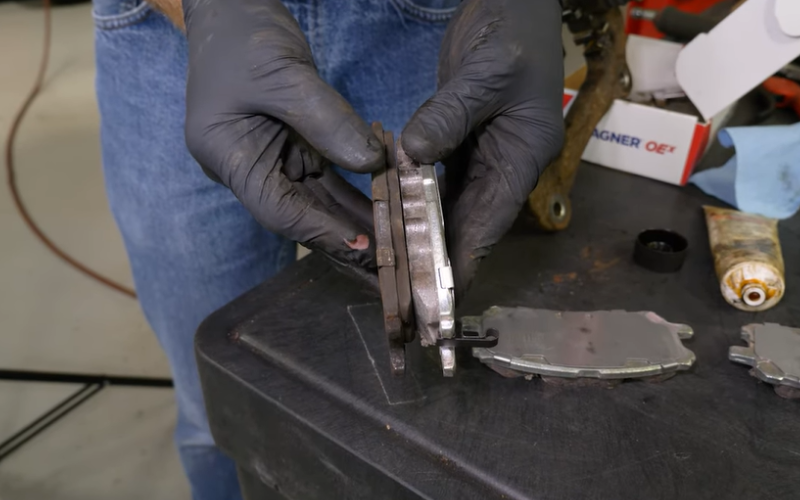
Choosing factors between these two brakes will highly depend on what they offer in general. The Wagner brakes are durable and work flexibly with rotors made of steel and aluminum.
But the best part about these brakes is that they are compatible with most vehicles and have a lower rate of wear.
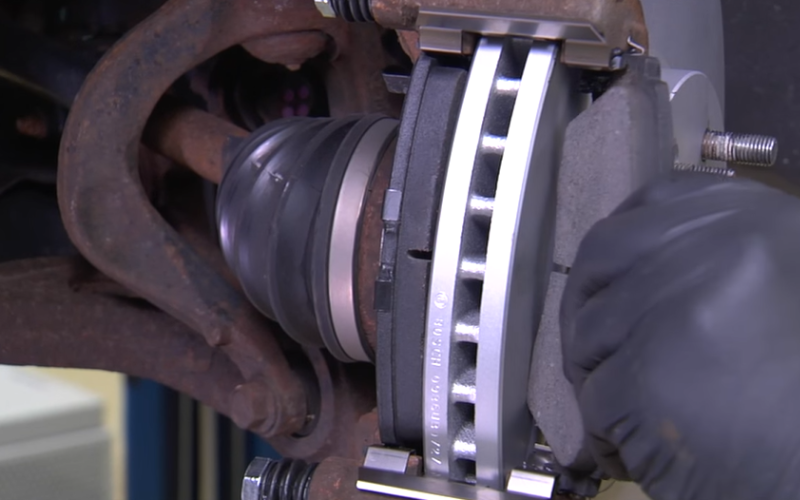
On the other hand, Bosch brakes seem to be less responsive compared to Wagner brakes. It also has a lower wear rate, and the stopping power is lower. Moreover, for high-stopping vehicles, the output would be better with Wagner brakes than that of Bosch brakes.
Pricing
The brake market is saturated with brands that offer competitive pricing. Both the Wagner and Bosch brakes have options with different pricing on different models.
However, the Wagner brakes tend to be more affordable than the Bosch brake models. The reason Bosch brakes are expensive is the proper combination of steel and ceramic in their build material.
There can be exceptions for certain models of Wagner and Bosch with alternate pricing. But in general, Bosch brakes are expensive.
Similarities Between Bosch Brakes and Wagner Brakes
The unique thing about both Bosch and Wagner brakes is that, despite differences, there are a fair share of similarities. We will discuss a few of the prominent similarities below:
Warranty
The brake models from both the Wagner and Bosch brands offer similar warranty options. These warranties are highly model-specific but the range is similar.
For instance, the Wagner Quickstop brake pads have a warranty period of 12 months. Similarly, the Bosch Quietcast comes with a 12-month warranty. The range of the period for both brands may vary again depending on the model type.
Installation
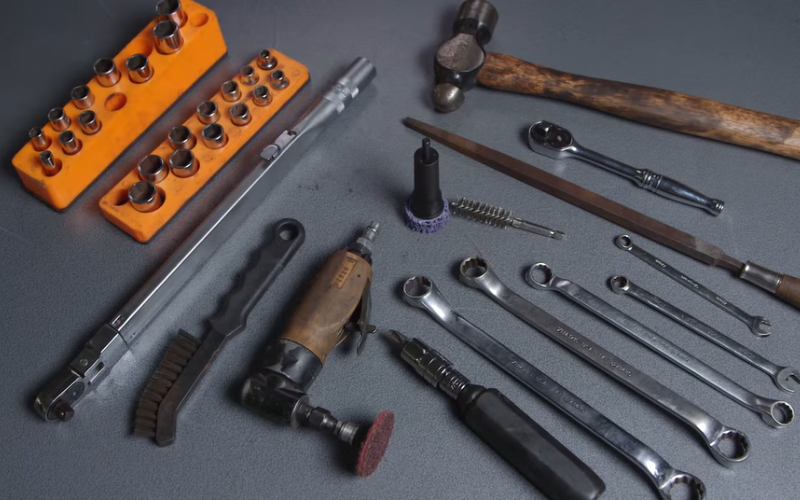
The fundamental steps for installing the brake models belonging to the Wagner and Bosch brands are similar. You will require an identical set of tools, which will be needed for starting the process. The tools might include things like – wrench, socket set, jack stands, brake cleaner, safety wear, etc.
However, the time for installation may vary by a few minutes. But the steps, starting from the removal of the old ones to assembling the new ones, will have the same approach.
Wagner Or Bosch Brakes: What Should Be Your Choice?
The choice between Wagner and Bosch brakes can be tricky. Both of these brakes have similar traits to some extent and are durable enough to last a long time.
But factors like the appeal of the brake or universality have some differentiating elements. The Wagner brake models will be your go-to brake pads for regular cars. But the Bosch brakes are model-specific and mostly suited to luxury or high-performance vehicles.
It eventually draws a line in their pricing segmentation, with the Bosch brakes being highly priced. Aspects like positioning or the noise level have a huge say in the purchase decision.
However, you must look for compatibility issues first before choosing either brand. It’s always safe to go for the Wagner model due to its universal appeal and affordable pricing.
But for high-performance needs, compromising Bosch brake models won’t be a good decision.
FAQs
The existing similarities and differences between Bosch and Wagner brakes can stir up a few questions. We have answered some of the common ones below;
Who manufactures Wagner brakes?
Federal-Mogul Motorparts is the manufacturer of Wagner brakes. They are aftermarket brake manufacturers and provide most of the brake service solutions.
Will Bosch brakes wear out after 3 months?
A brake usually needs replacement after 6 months of travel, which covers a distance of 15000 miles. But the lifespan of Bosch brakes is higher, unless you drive in extreme conditions. So, there are fewer chances of the pads wearing out.
Are Bosch brakes good for BMW?
Using Bosch brakes on your BMW model would result in a smooth and proper stopping. The best part would be that the sound level would be quiet with minimum vibration.
What are some key features of Wagner Brakes?
Wagner brakes are very well known for their one-piece design, which gives these brakes an edge over their counterparts. Along with that, the super formulation used in the brakes makes these brake models highly durable.
Read Also:
- StopTech Brakes vs. Brembo: What Should Be Your Choice?
- Power Stop Vs StopTech Brakes: Which One Is Best For You?
- Bosch vs Duralast Brakes: In-Depth Comparison
- Akebono Vs Brembo Brakes: Which One Meets Your Needs?

Meet Zayan, the mechanical genius behind the highly acclaimed brakes problems and solutions website. With over a decade of hands-on experience in the automotive industry, Zayan has become a trusted authority in the realm of brake systems.
His passion for cars, coupled with his expertise in solving complex brake-related issues, has earned him a devoted following of car enthusiasts, mechanics, and everyday drivers seeking reliable guidance.
